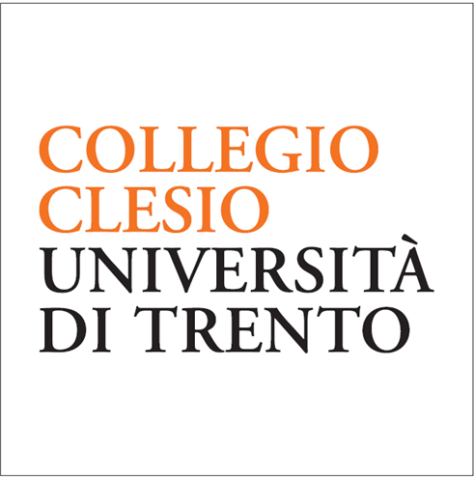
Natural rights and rule of law: an ancient language in service of the present

The concept of natural rights, the idea that individuals possess inherent, universal, and inalienable rights, has roots in ancient Greek and Roman philosophy, particularly Stoicism, and evolved through medieval Catholic law during the juridical Renaissance of the 12th century, passing through the Protestant Reformation, and the Enlightenment, culminating in modern human rights discourse, with its civil, political and social evolutions.
The "rule of law" concept, while not a phrase used in ancient times, also has roots in ancient Greek and Roman philosophy, with its modern usage and articulation stemming from 16th-century articulation of medieval thought. Both concepts possess unique languages and histories that, although not developed with that end in sight, ended up serving as the basis of what we today define as our liberal democracies, systems where all individuals, including those in government, are subject to the same inalienable rights and accountable under the law, ensuring fairness, transparency, and predictability.
With this concept under constant fire from multiple directions in our world, it is important to remind ourselves how we gave meanings to the simple worse we grew accustomed to, to appreciate them anew. To this end, Zoltàn Kelemen, professor of European History at the Ludwig-Maximilian Universitat München and Corvinus University of Budapest, will hold a lecture for the Allievi of the Collegio Clesio, open to participation for the wider student community

